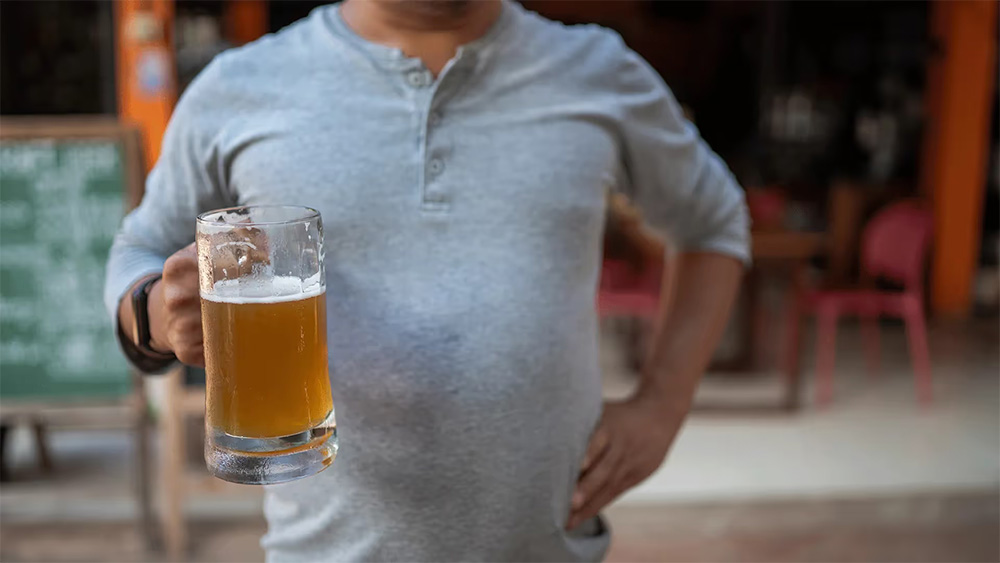
Hair loss
Hair loss
Prescription hair loss treatments for men online in Canada

Real advice for better health, stronger living, and everything in between.

Learn about male pattern baldness causes, DHT-blocking treatments, growth stimulators, and online consults with licensed Canadian doctors for men's hair loss.
Expert tips on men's health issues like erectile dysfunction, hair growth, weight loss, and more. Subscribe now to learn more.
Phoenix is not a pharmacy or drug manufacturer.
Prescription products require an online consultation with a licensed healthcare practitioner who will determine if a prescription is appropriate.


© 2026 Phoenix Digital Health Inc.
Privacy Policy • Terms of Use


